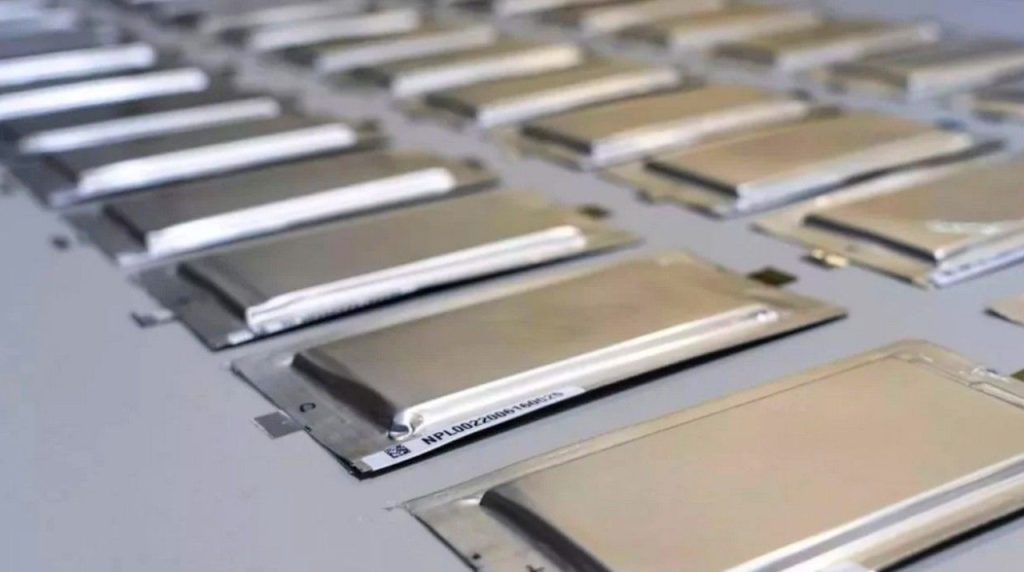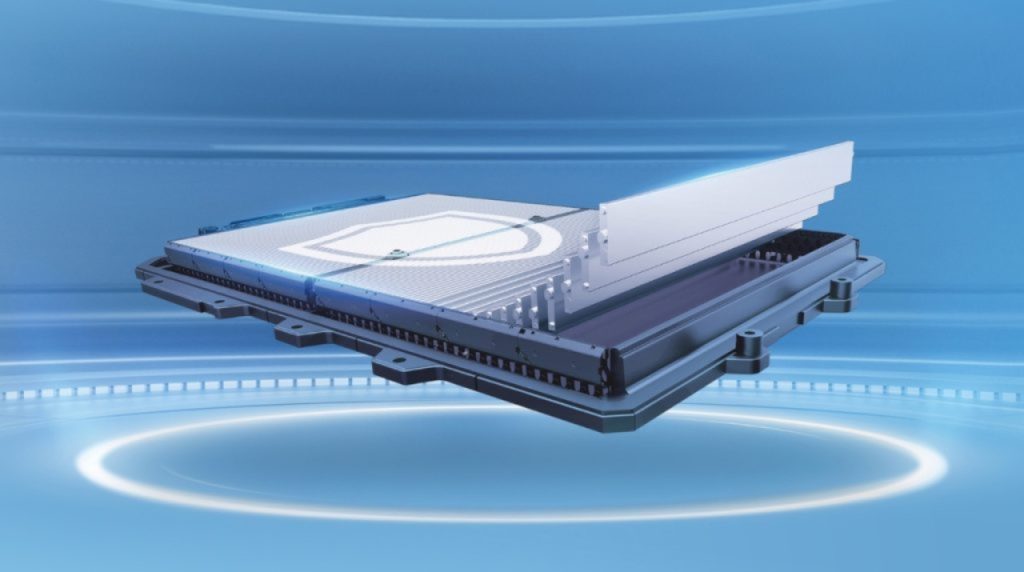
More Range: New Study Revolutionizes Battery Performance

South Korean researchers managed to extend the life of metallic lithium anodes by 750% using water, representing a significant advancement in battery technologies.
The team from the Korea Advanced Institute of Science and Technology (KAIST) developed a new generation of anode materials aimed at overcoming the performance limitations of commercial batteries.
According to a publication from World Trade Energy, the researchers created a novel membrane with hollow channels directing the ion flow to achieve a uniform lithium layer.
You may also read: Manufacturer Developing Batteries with Over 1,000 Kilometers of Range

Research Details
The eco-friendly design uses layers of hollow nanofibers to improve lithium stability and extend the lifespan of next-generation metallic lithium batteries.
Professor Il-Doo Kim, from the Department of Materials Science and Engineering at KAIST, stated in a release that “by utilizing both physical and chemical protective functions, we could guide the reversible reactions between lithium metal and the electrolyte more effectively”.
“We suppressed dendrite growth, resulting in metallic lithium anodes with unprecedented lifespan characteristics,” he explained.





